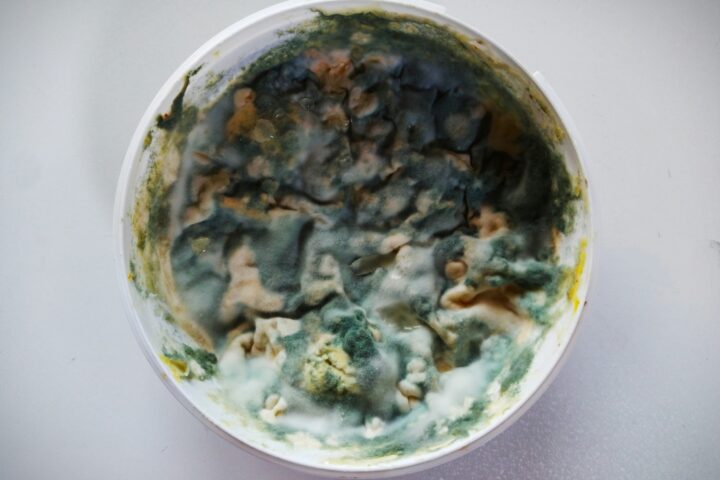
Safety and security: Productivity and Trust
In order to be able to feed ten billion people by 2050, substantial effort will be required from the agriculture and research sectors. Security and safety will play a major role in this, with both food security and food safety being key. In order to ensure food security, productivity and food production levels need to be increased. This can only happen if there is an openness to technological ideas and new technologies are adapted. Food safety is also important for consumers. Their trust must not be shaken by products that endanger either human health or the environment.
Monday, November 22, 2021
According to the latest figures published by the Food and Agricultural Organization (FAO), 800 million people suffered from famine in 2020. This trend is on the rise due to the coronavirus pandemic. Around one-third of the world’s population do not have access to adequate nutrition. Guaranteeing food security is therefore the most fundamental aim of agricultural production worldwide. Owing to the continued strong population growth, the increasing soil erosion, climate change, pest pressure and centers of conflict, the aim of guaranteeing global food security is a herculean task. One that cannot be achieved without using new technologies that allow for larger harvests from smaller land areas and with less water, fertilizer and pesticides being used.
Safe technologies
The demands placed upon new technologies are considerable. Not only is the production of a sufficient number of calories important, the safety of people and the environment is also vital. There is a great deal of hope being pinned on green genetic engineering and in particular genome editing. They have the potential to massively improve food security. The rapid cultivation of new and robust varieties is vital in the race against climate change. In addition, researchers are in agreement that genetic engineering is as safe for humans and the environment as conventional plant cultivation methods.
Secure yields
We will not be able to achieve this in the future without using pesticides. They are becoming more targeted in their effects and thus more environmentally friendly. Banning them from being used in agriculture would cause more uncertainty than it would safety. On the one hand, without pesticides the food loss from the field would increase, which would result in a rise in food insecurity. Pesticides will also secure yields in the future. At the same time, pesticides will continue to undergo intensive testing. They have to meet strict requirements with respect to food safety.
Safe food
For example, fungicides help to ensure food safety in wheat farming by fighting carcinogenic fungi (mycotoxins) and there protecting consumers. This ensures that only high-quality wheat that does not contain any dangerous toxins from mold fungi is used to produce our daily bread. In this way, pesticides help to ensure food safety. Without pesticides, cleaning agents and disinfectants (biocides) would not be able to be used in food processing processes. They ensure germ-free production, are an active method of preventing diseases and increase the trust that consumers place in food. Ultimately, there is no trust if there is no safety or security.
Related articles

Global facts on world food and agriculture
Only thanks to technological progress and modern crop protection will we be able in the future to conserve our resources while feeding a growing population in a healthy and affordable way.

Pesticides in Green Smoothies
After countless recipes for Christmas cookies, festive roasts and cocktails, the advice on losing weight, detoxing and beautifying oneself now takes centre stage. Most of it is sheer nonsense.

Natural Toxins: An Underestimated Risk in Our Food
Safe food cannot be taken for granted. While chemical substances are often the focus of public criticism, reality shows that the greatest risks to food safety are of natural origin. Recent recalls of infant food products illustrate how insidious bacterial toxins or moulds can be.

Herbal Teas: Making You Sick Instead of Slim
Plant protection products are frequently the focus of public criticism. Far less attention is paid to the fact that natural ingredients in teas and dietary supplements are also biologically active and can pose health risks.

